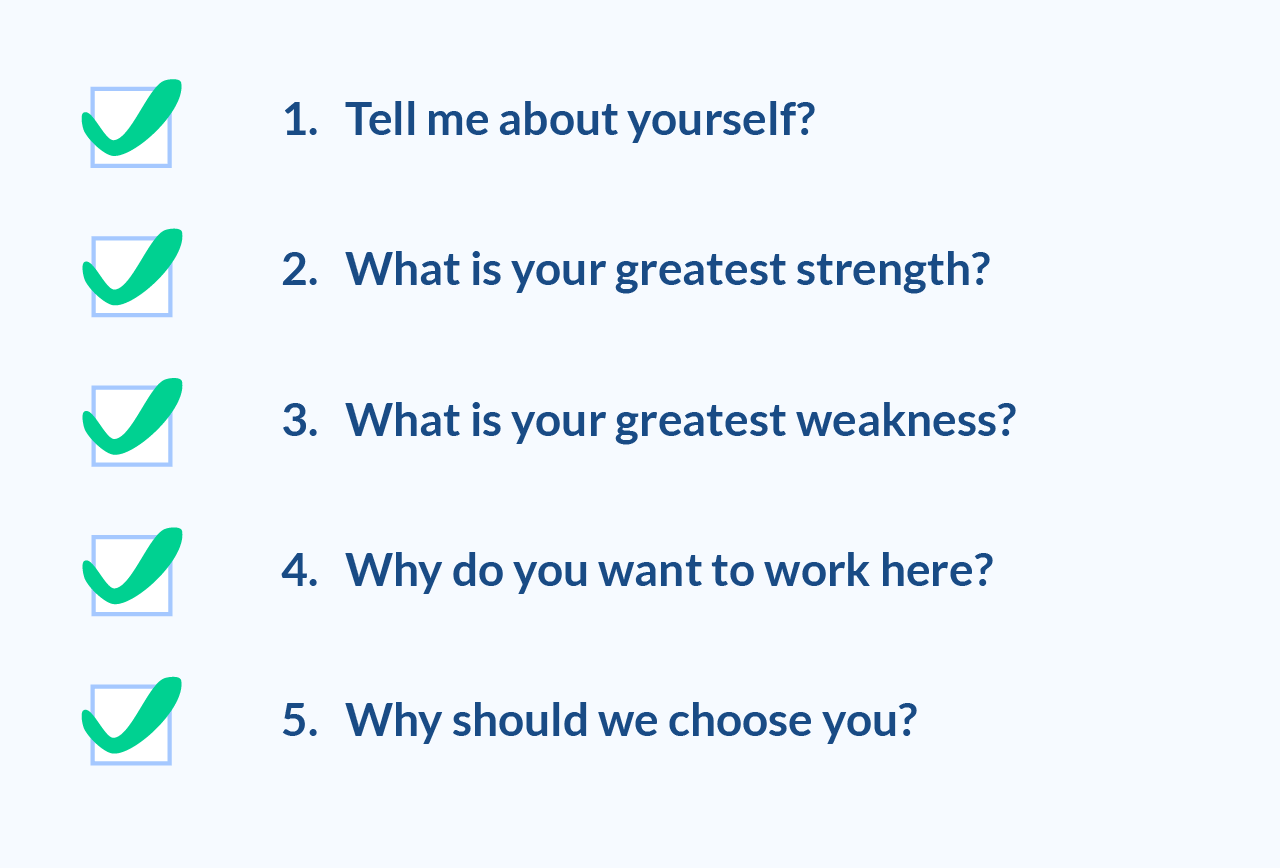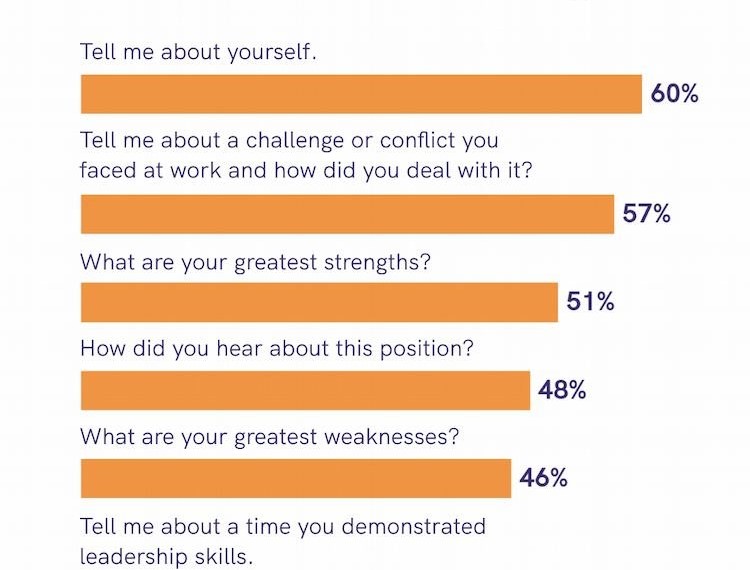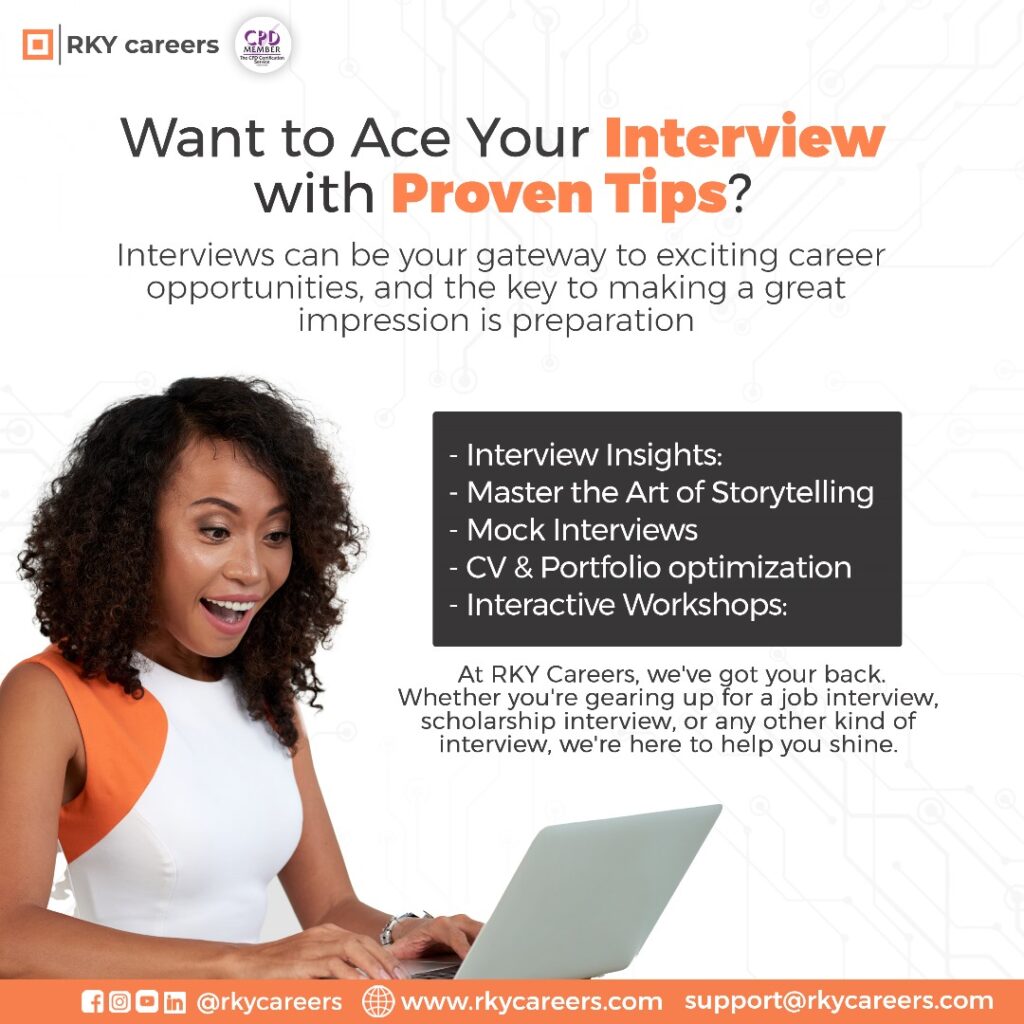During job interviews, one of the most dreaded and challenging questions appears to be how to answer “What’s your biggest weakness?”. This seemingly simple inquiry often feels like a trap designed to expose flaws and make people vulnerable in front of a potential employer. It’s easy to see why candidates might dread it—no one wants to highlight their shortcomings in a situation where they are trying to impress.
However, this question is not just about revealing weaknesses; it’s an opportunity to demonstrate self-awareness, growth, and suitability for the role. By answering thoughtfully, this potentially tricky question can be turned into a chance to stand out as a candidate who is honest, reflective, and committed to personal and professional development.
This article will provide insights and guide professionals on answering “What’s your biggest weakness?” effectively, turning a potentially tricky situation into a moment of connection and credibility.

Why the Question “What’s Your Biggest Weakness?”
Before diving into how to answer the question, it’s essential to understand why interviewers ask it in the first place. Employers aren’t necessarily looking to disorient applicants or find reasons not to hire them. Instead, they want to gauge their level of self-awareness and honesty. How this question is handled says much about character and how the candidate deals with challenges.
Fun fact: 70% of employers emphasise behavioural competencies over hard skills. This highlights the importance of questions like “What’s your biggest weakness?” which assess self-awareness and growth.
Interviewers also want to see if the stated weaknesses align with the job’s demands. For instance, poor time management is the biggest weakness when applying for a project management role, which could raise a red flag. On the other hand, a more general weakness, such as perfectionism, can be turned into a positive if presented correctly.
Read also:
Choose a Relevant Weakness
When choosing a weakness to discuss, being honest but strategic is crucial. The weakness should be genuine but not something that would prevent effective performance on the job. For example, mentioning struggle with public speaking might be a wise choice if the role doesn’t require frequent presentations.
It’s also important to avoid clichés like “I’m a perfectionist” or “I work too hard.” These answers are overused and can come off as insincere or evasive. Instead, choose a weakness that shows self-awareness and willingness to improve.
For instance, say, “I tend to take on too much at once, but I’ve been working on delegating tasks and prioritising my workload better.” On average, 118 candidates apply for a single job, but only 20% make it to the interview stage, all the more reason to ace the interview.
Explain How You’re Addressing It
Once a relevant weakness has been identified, the next step is to explain the effort to overcome it. This is where candidates can demonstrate their commitment to personal and professional growth. Employers appreciate candidates who are proactive about their development and can show progress in areas where they’ve struggled.
For example, if the weakness is a struggle with delegating tasks, stating the adoption of project management tools to track tasks and responsibilities better is a great answer. If the weakness is having trouble asking for help, consciously seeking feedback and collaborating more with the team is a proactive, improvement-minded response.
The key is displaying a zeal to strengthen weaknesses and demonstrating active steps to improve them. This will reassure the interviewer that you can identify and address challenges effectively.
Turn It Into a Positive
The final step in answering the question “What’s your biggest weakness?” is to turn it into a positive. This doesn’t mean sugar-coating the weakness or pretending it’s a strength. Instead, it’s about showing how the weakness has led to personal or professional growth.
For example, when discussing a tendency to take on too much at once, highlighting how the trait has imprinted the importance of time management and prioritisation is a great answer. You could say, “While I struggled with taking on too many tasks simultaneously, this experience has helped me develop stronger time management skills. I’ve learned to prioritise my work more effectively and communicate better with my team to ensure everything gets done on time.”
Turning weakness into a learning experience demonstrates a capacity for growth and improvement to the interviewer. This will make you a more attractive candidate, able to overcome challenges and learn from experiences.
Read also:
Example Answer Structure
A clear structure is essential when answering the question, “What’s your biggest weakness?”. A well-organised response ensures that the answer is concise, focused, and leaves a lasting impression. By structuring the answer, weaknesses can be conveyed, the context provided, and the steps taken to address them highlighted. This approach demonstrates self-awareness and growth, turning a challenging question into a strong point in the interview.

Identify the Weakness
Start by openly acknowledging the weakness and being truthful without undermining suitability for the role. Select a weakness that is genuine yet not critical to your job performance. Avoid mentioning flaws that could raise red flags for the employer.
Instead, focus on a minor area where you’ve shown improvement, showing self-awareness and proactiveness about personal growth without downplaying your ability to excel in the position.
Provide Context
Describe how this weakness has impacted your career, detailing specific situations or challenges it has created. This context allows the interviewer to see why you recognise it as a weakness and understand its relevance to your professional life.
By sharing these experiences, you demonstrate self-awareness and honesty, helping the interviewer see how this weakness has shaped your approach to work and your commitment to improvement.
Show Growth and Improvement
Detail the proactive steps to address the weakness, highlighting specific strategies, tools, or techniques to improve. This is an opportunity to showcase a commitment to self-improvement and resilience.
Whether it’s seeking mentorship, taking courses, or implementing new habits, emphasising these efforts demonstrates an awareness of the weakness and active efforts to overcome it, proving dedication to personal and professional growth.
Read also:
Link to the Job
Conclude by connecting the weakness to the job applied for. Illustrate how the skills and improvements gained while addressing this weakness enhance your suitability for the role. Explain how overcoming this challenge has provided valuable competencies or insights that will contribute positively to the position.
This approach shows growth and aligns your career journey and personal development with the job’s requirements, reinforcing your fit for the role.
Sample Answer to Answering “What’s Your Biggest Weakness?”
Using the above structure, let’s look at an example of how a candidate might answer the question, “What’s your biggest weakness?”.
Check this out: LinkedIn’s 2023 Jobs on the Rise report highlighted a 34% increase in roles focusing on soft skills development.
Suppose you’re applying for a role as a marketing manager, and your biggest weakness is a tendency to take on too many projects at once. Here’s how you might respond:
“My biggest weakness is that I sometimes simultaneously take on too many projects. In the past, this has made me feel overwhelmed and unable to give each project the attention it deserves. However, I’ve recognised this as an area for improvement and have been actively working on it.
I’ve started using project management tools to track my workload better and ensure I’m not overcommitting myself. I’ve also learned to prioritise tasks more effectively and delegate when necessary. As a result, I’ve become more efficient and have been able to deliver higher-quality work.
I believe these skills will be beneficial in the role of marketing manager, where balancing multiple projects is a key requirement.”

Ace your next interview with RKY Interview Preparation Service!
Our expert coaches provide personalised guidance, mock interviews, and tailored strategies to boost your confidence and performance.
Whether preparing for a high-stakes role or aiming to refine your skills, RKY helps you stand out.
Transform your interview anxiety into success—book your session with RKY today!
Final Thoughts
Answering the question “What’s your biggest weakness?” in an interview doesn’t have to be daunting. It’s possible to demonstrate self-awareness and a growth mindset by choosing a relevant weakness, explaining how it’s being addressed, and turning it into a positive one. Remember, the key is to be honest and strategic.
With the right approach, you can turn this common interview question into an opportunity to show your strengths.
FAQs How To Answer “What’s Your Biggest Weakness?”
1. What types of weaknesses should I avoid mentioning in an interview?
Avoid mentioning weaknesses critical to the job, such as poor time management for a project manager. Also, avoid personal flaws unrelated to work, overused clichés like “perfectionism,” or traits that suggest a lack of integrity or professionalism, like unreliable or disorganised.
2. How can I choose a weakness that won’t negatively impact my chances?
Choose a weakness that’s genuine but not essential to the job role. Focus on a skill or trait you’ve actively worked on improving and demonstrate progress. This shows self-awareness and a growth mindset, assuring the interviewer that you can overcome challenges without compromising your ability to perform the job well.
3. Is it okay to mention a personal weakness rather than a professional one?
It’s generally better to mention a professional weakness than a personal one. Professional weaknesses are more relevant to the job and easier to frame in a way that shows growth and improvement. Personal weaknesses might not resonate with the role and could detract from your qualifications as a candidate.
4. How detailed should I be when explaining how I’m working on my weakness?
Be concise yet specific when explaining how you’re working on your weaknesses. Highlight key actions you’ve taken and the progress you’ve made. Focus on tangible improvements and outcomes without overwhelming the interviewer with excessive details. This shows you’re proactive and results-oriented without losing the main point.
